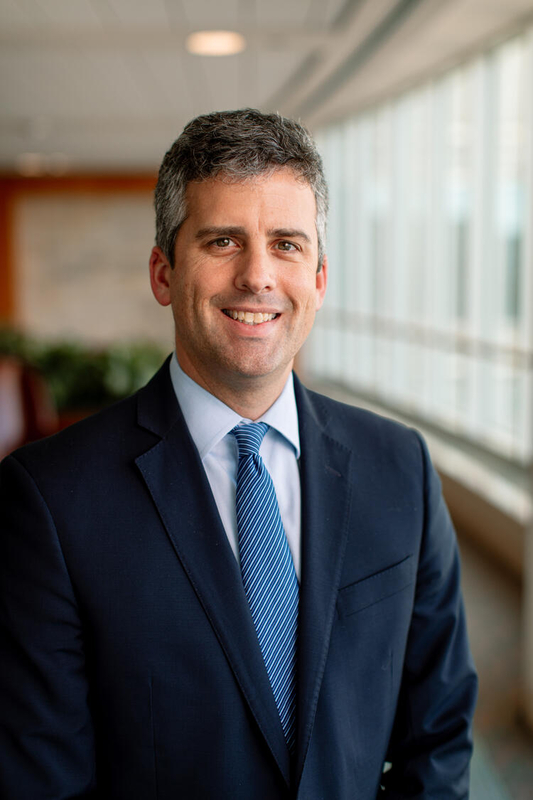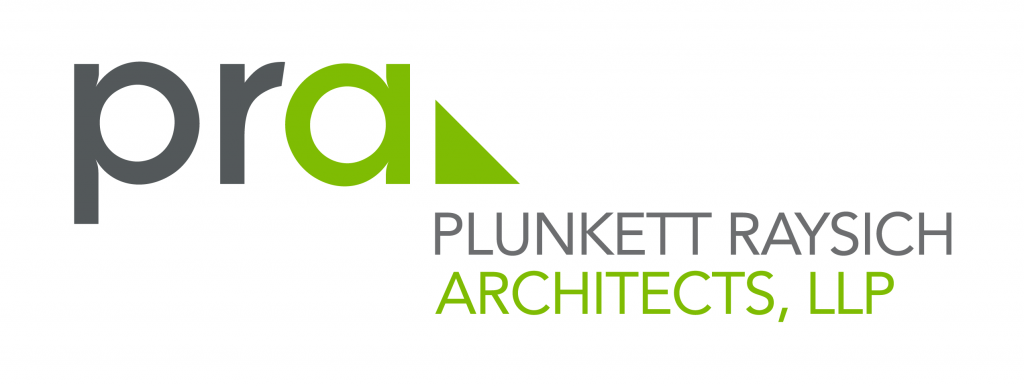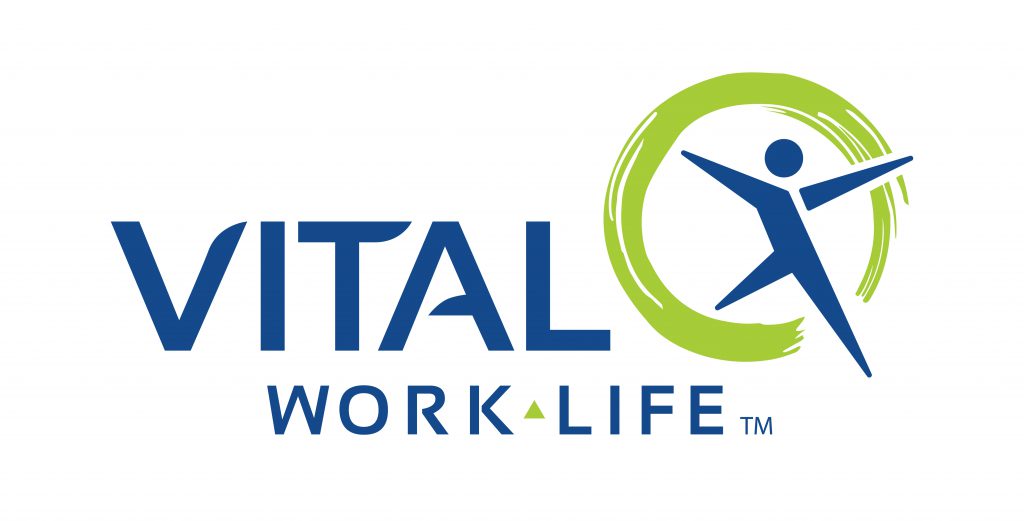Click here to download slides from the presentation.
Meet Our Keynote Speaker:
Chris Tommaso is the vice chair for the Robert D. and Patricia E. Kern Center for the Science of Health Care Delivery at Mayo Clinic in Rochester, MN. With a blend of academic excellence and practical expertise, Chris has been instrumental in driving forward the center’s mission to create and evaluate data-driven solutions that transform healthcare for patients, clinicians, and communities at Mayo Clinic.
Chris has held a variety of positions over his 10-year career at Mayo Clinic serving as a senior health systems engineer, operations manager, and operations administrator. Prior to joining Mayo Clinic in 2014, Chris held several roles with the Dow Chemical Company in Edina, Minnesota over an 11-year career.
Chris received a Bachelor of Science degree in chemical engineering from the University of Illinois — Champaign-Urbana graduating magna cum laude and with highest distinction in the curriculum. He also obtained a Master of Science degree in chemical engineering practice from the Massachusetts Institute of Technology. Chris is an assistant professor of Health Care Administration at Mayo Clinic College of Medicine and Science, a Gold Quality Fellow in the Mayo Clinic Quality Academy, and a board-certified Fellow in the American College of Healthcare Executives.
Session Description:
The talk emphasizes the transformative power of Artificial Intelligence (AI) in healthcare, highlighting its potential to improve care outcomes, patient experience, and access to healthcare services. AI is seen as a key driver in increasing productivity and efficiency in care delivery, enabling healthcare systems to provide more and better care to a larger population. It also plays a significant role in enhancing the work experience of healthcare practitioners, allowing them to dedicate more time to direct patient care and reducing burnout.
AI’s impact is multifaceted, from accelerating diagnosis times to managing population health proactively. However, the talk also addresses the challenges and debates surrounding AI in healthcare, including ethical considerations, the use of personal data, and potential risks. Despite these concerns, investments in AI are growing, and healthcare leaders need to develop a strategic approach to AI that meets the specific needs of their organization.
The talk concludes by recognizing that while the landscape of AI in healthcare continue to evolve, the future looks bright with opportunities to transform our care delivery processes.
Learning Objectives:
- Identify current applications of AI in healthcare, such as diagnostic tools, treatment planning, patient engagement, and administrative tasks.
- Explore future developments in AI and their implications for healthcare delivery.
- Explore the ethical implications of AI in healthcare, including privacy concerns, data security, and the potential for bias.
- Identify strategies for integrating AI into healthcare settings.












